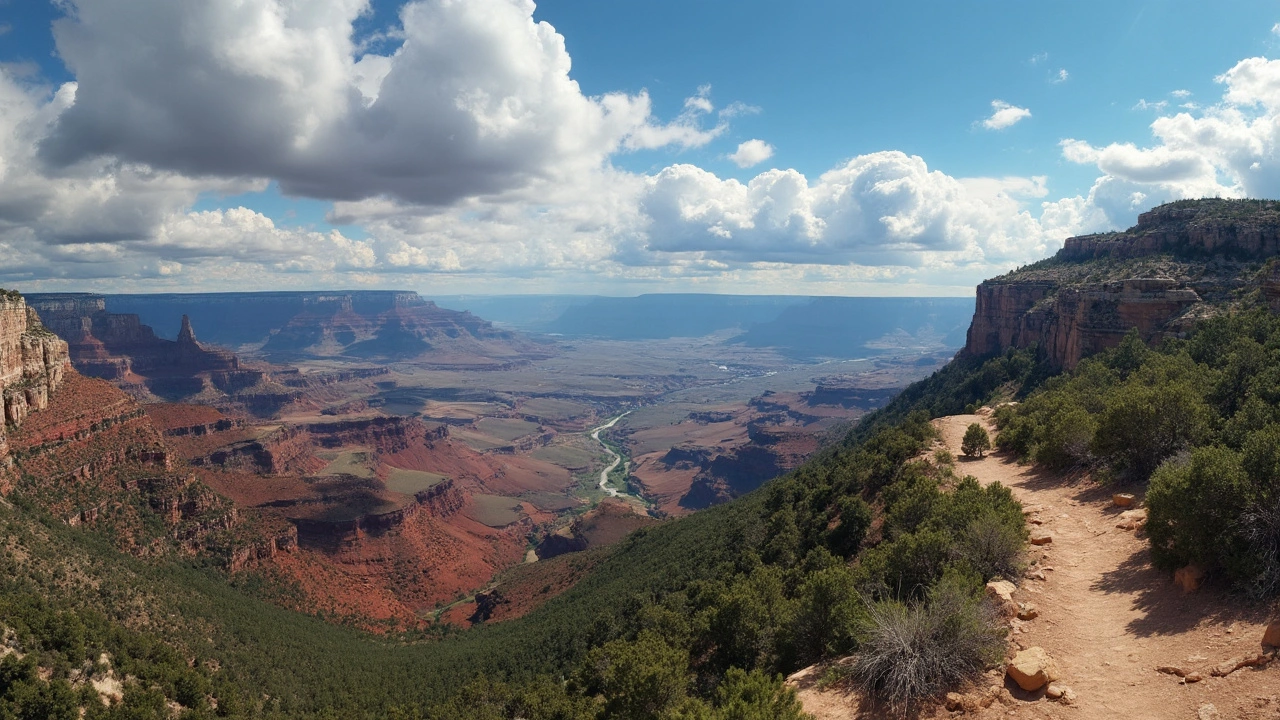Geography and National Parks: Practical Tips and Insights
If you love nature and travel, understanding geography can really boost your adventures. Whether you're curious about the cheapest national parks to visit or want advice on surviving a car breakdown in harsh places like Death Valley, knowing the lay of the land makes all the difference.
Take Zion National Park for example. Planning how many days to spend there is crucial since hitting all the top trails and avoiding crowds takes some strategy. Knowing the best time to visit or which transportation options to use can save you headaches and help you enjoy your trip fully.
Speaking of transportation, did you know there’s no train going into Yosemite National Park? Many people assume there’s a direct rail line, but you'll actually need to plan for buses, shuttles, or driving. Learning these details upfront means you won’t be caught off-guard.
If you're looking to save money, check out which national parks have the lowest entrance fees or free entry days. Planning your visit around those times makes it easier on your wallet while still soaking in stunning wilderness. Plus, some parks earn a reputation for being budget-friendly without skimping on the experience.
But nature travel isn’t just about beautiful views—it’s about safety too. Imagine your car breaks down in a remote place like Death Valley. Knowing how to stay safe, signal for help, and manage your resources can be a lifesaver. Preparation and proper knowledge about geography of such deserts can protect you in tricky situations.
Besides geography affecting travel, it also shapes local communities and the environment. Urban parks like Overton Park in Memphis serve as vital green spaces within cities, offering nature, culture, and recreation all in one spot. Understanding the geography behind such spaces helps you appreciate their role in our lives.
Finally, it's worth knowing the difference between types of parks. National Parks focus on preserving natural landscapes, while National Historic Parks protect cultural landmarks. Recognizing these distinctions can guide which places to visit based on your interests.
Whether you’re planning your next trip, curious about environmental protection, or just love discovering new places, geography is the foundation that connects all these ideas. It helps you travel smarter, stay safe, and appreciate the natural world with fresh eyes.
